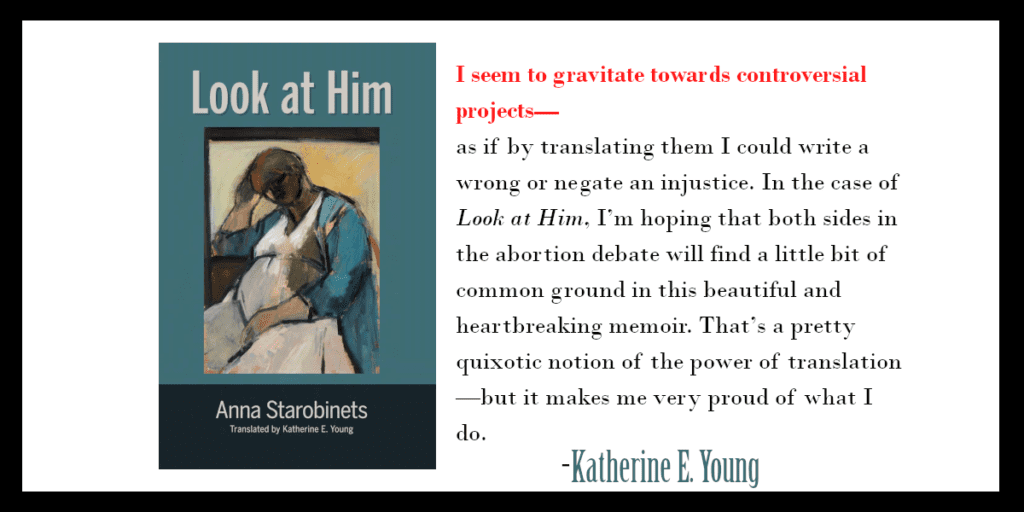Elizabeth Hazen Shares Her Tsundoku (Poetry books to Read)
In a new blog post, Elizabeth Hazen shares her tsundoku. Tsundoku is a Japanese word meaning "Acquiring reading materials but letting them pile up in one's home without reading them."

For Christmas, which seems like three lifetimes ago, my parents gave my husband a book of interesting words from around the world*. An engineer who has a soft spot for spoonerisms, puns, and wordplay in every form, he found instant delight in this book. Did you know that Germans have a word for the weight we gain from stress-eating? Kummerspeck. Or that the Scots have a word for that awkward pause when you’ve forgotten the name of the person you’re introducing? Tartle. Among my favorites are the whimsical Swedish smultronställe, a place of wild strawberries; the romantic Italian dormiveglia, the space between sleeping and waking; and the essential Japanese tsundoku, that pile of unread books on my bedside table that grows with each passing month.
Needless to say, I took that book of words from my husband, adding one more to my stack...
Joanna Biggar Shares Two Poems that Speak to Now
These poems by Bertalicia Peralta and A.E. Stallings “both shine light on troubling places in this aching world.”
Katherine E. Young Breaks Down Her New Translation of LOOK AT HIM by Anna Starobinets
Katherine E. Young appears on Leslie Pietrzyk “To be Read” blog series to discuss her new translation of a book that “ignited a firestorm” in Russia
Challenge and Ambition: Rose Solari Releases new Poetry Reviews for WIRoB
Rose Solari’s reviews this month focus on four collections that “challenge and stretch the reader’s expectations in terms of content, form, or both.”


